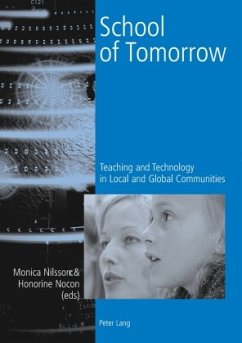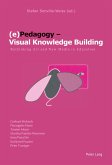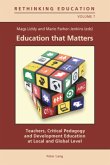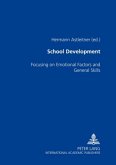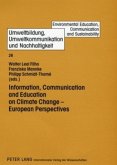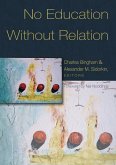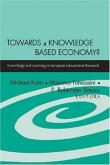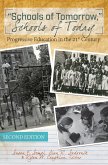This volume provides a description and analysis of findings from a European Commission research and development project: "The Fifth Dimension - Local Learning Communities in a Global World", funded within the framework "Information, Society, and Technology (IST), School of Tomorrow". The contributors take as a point of departure that the school of tomorrow, the school in the information society, has two significant features. One is the expanded use of information and communication technologies (ICT). The other is the development of partnerships. The cases described here are based on the work of three European university teams from Blekinge Institute of Technology in Sweden; the University of Copenhagen and Roskilde University in Denmark, and the Autonomous University of Barcelona in Spain, that developed collaborations jointly to create new technology-based tools and learning environments that expanded beyond school walls. Using the Fifth Dimension approach to building learning environments, this network of university researchers worked together with teachers and software developers to co-design tools, strategies, and materials for teaching and learning in the "school of tomorrow". The volume addresses both the challenges and the possibilities of integrating technology in schools and classrooms that are partners in local and global learning communities.
Bitte wählen Sie Ihr Anliegen aus.
Rechnungen
Retourenschein anfordern
Bestellstatus
Storno

